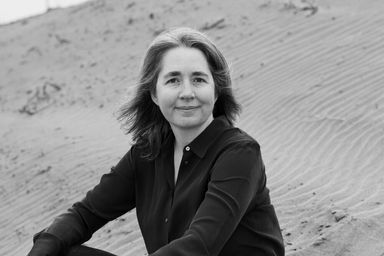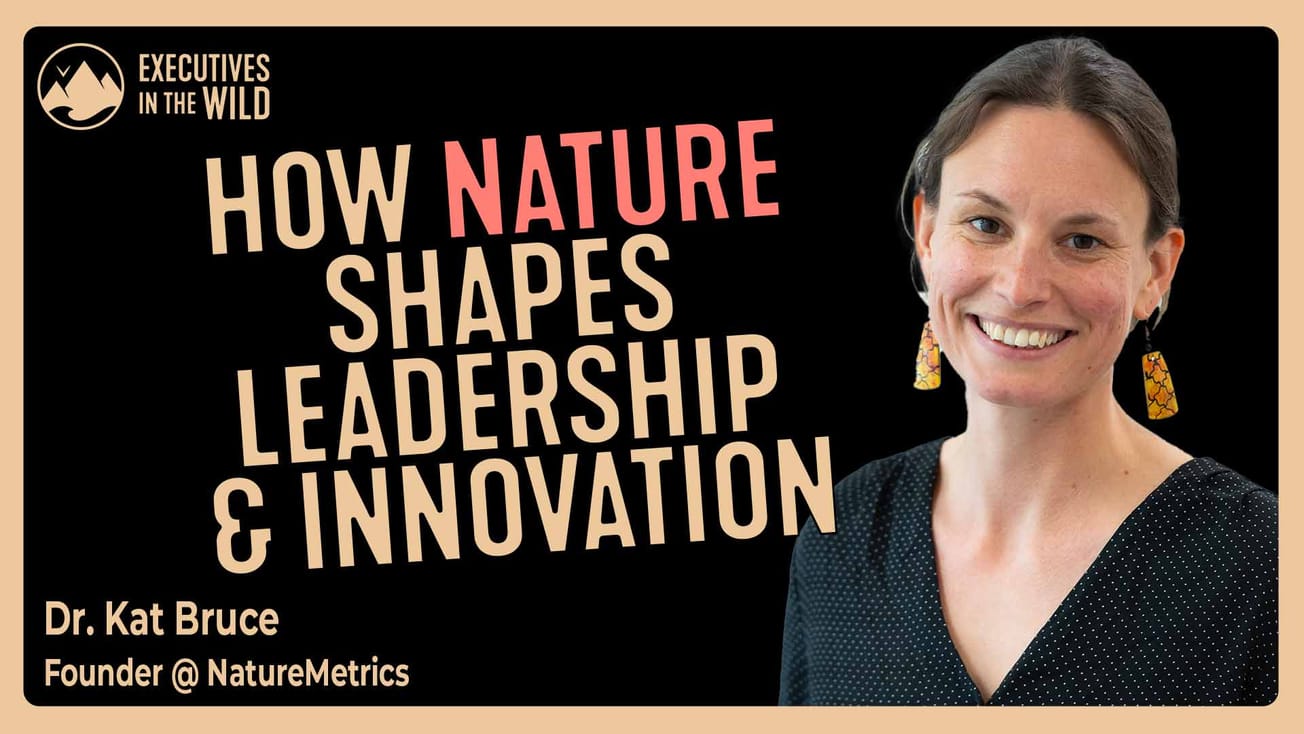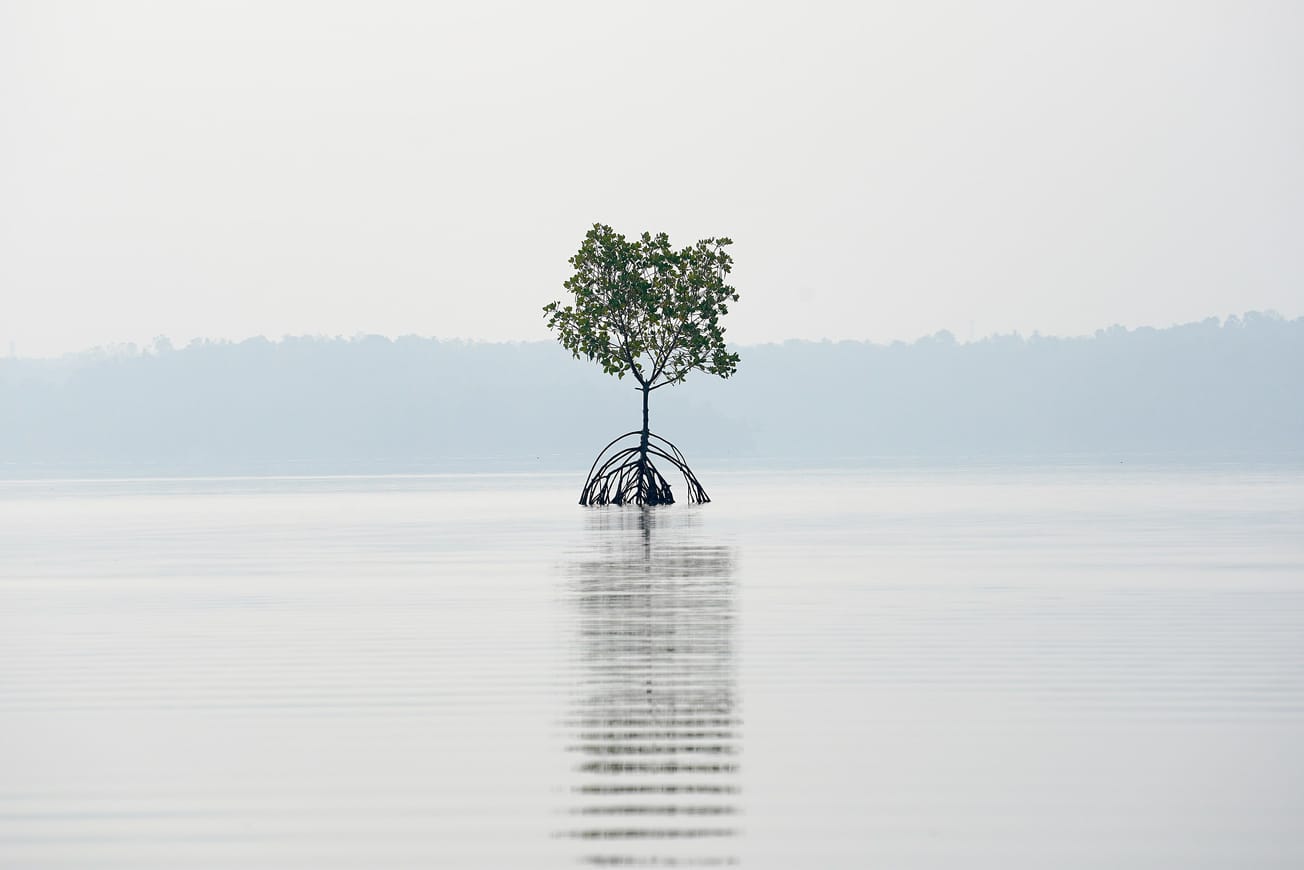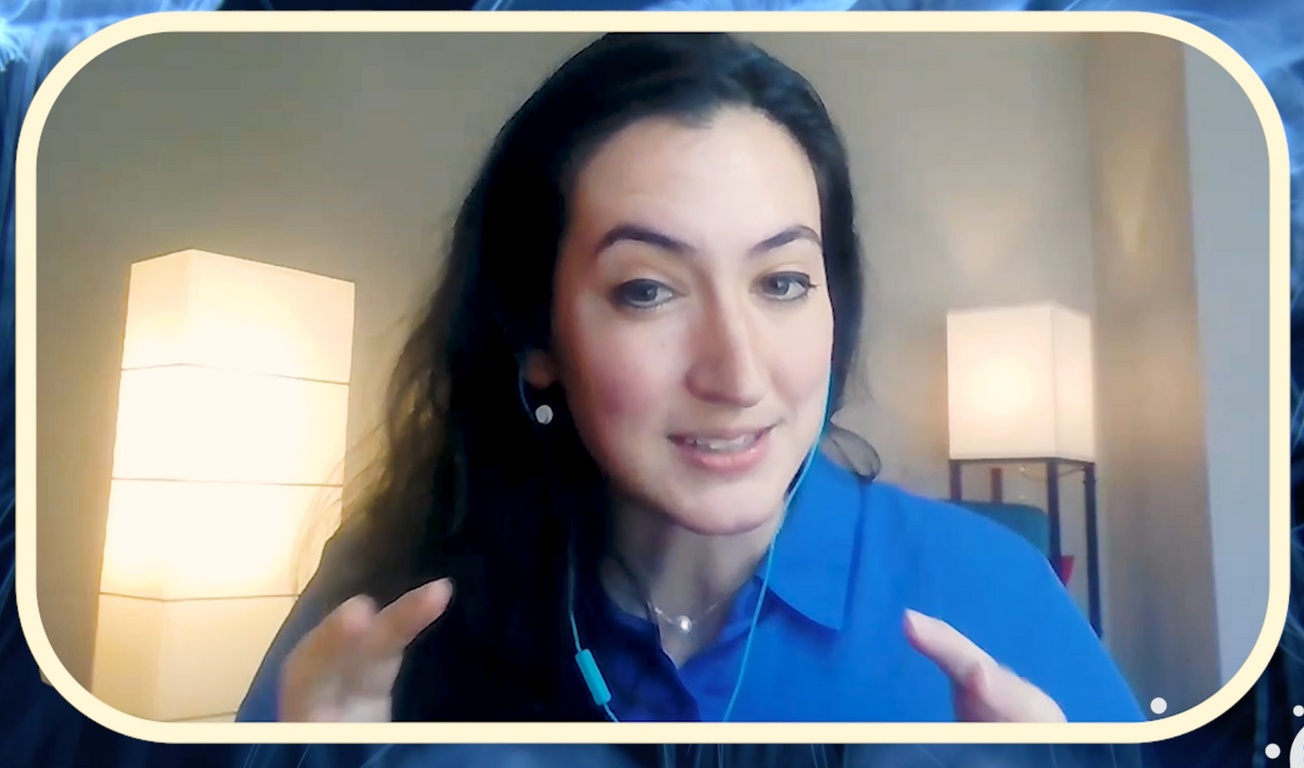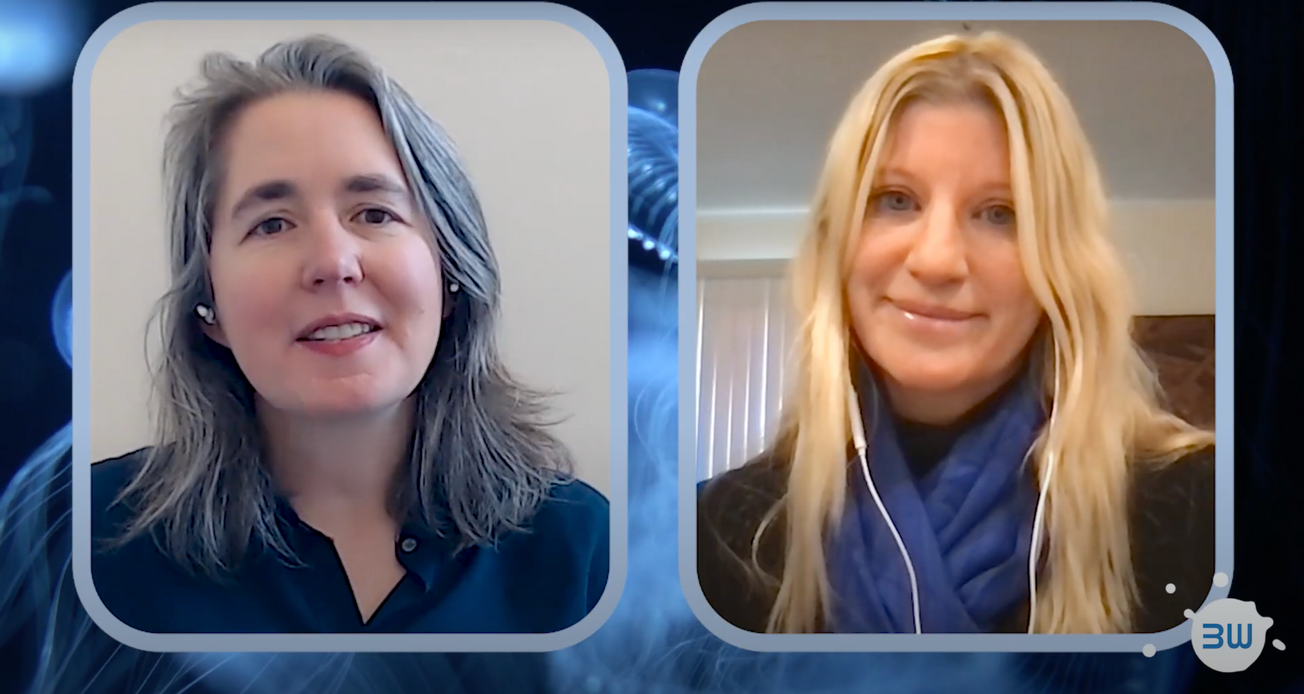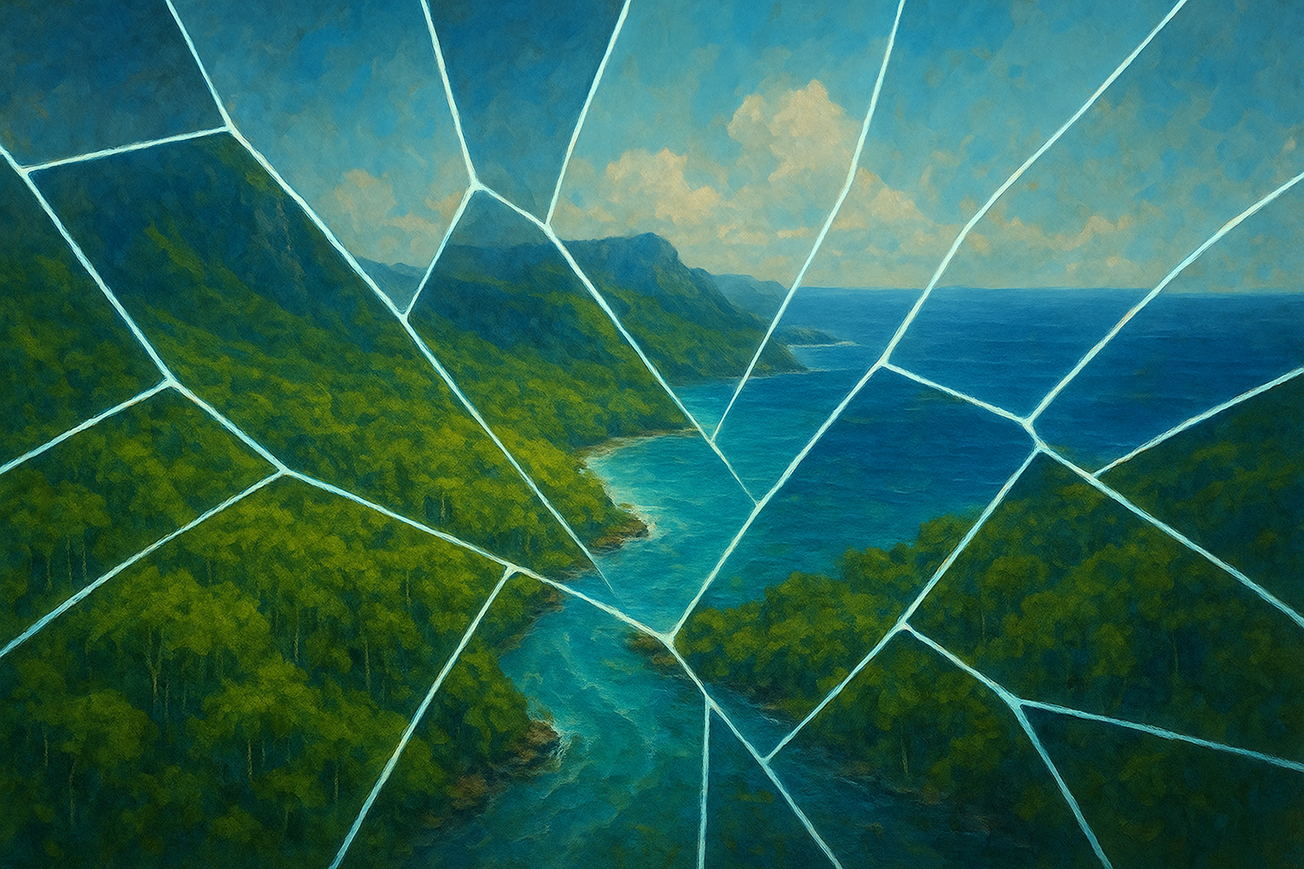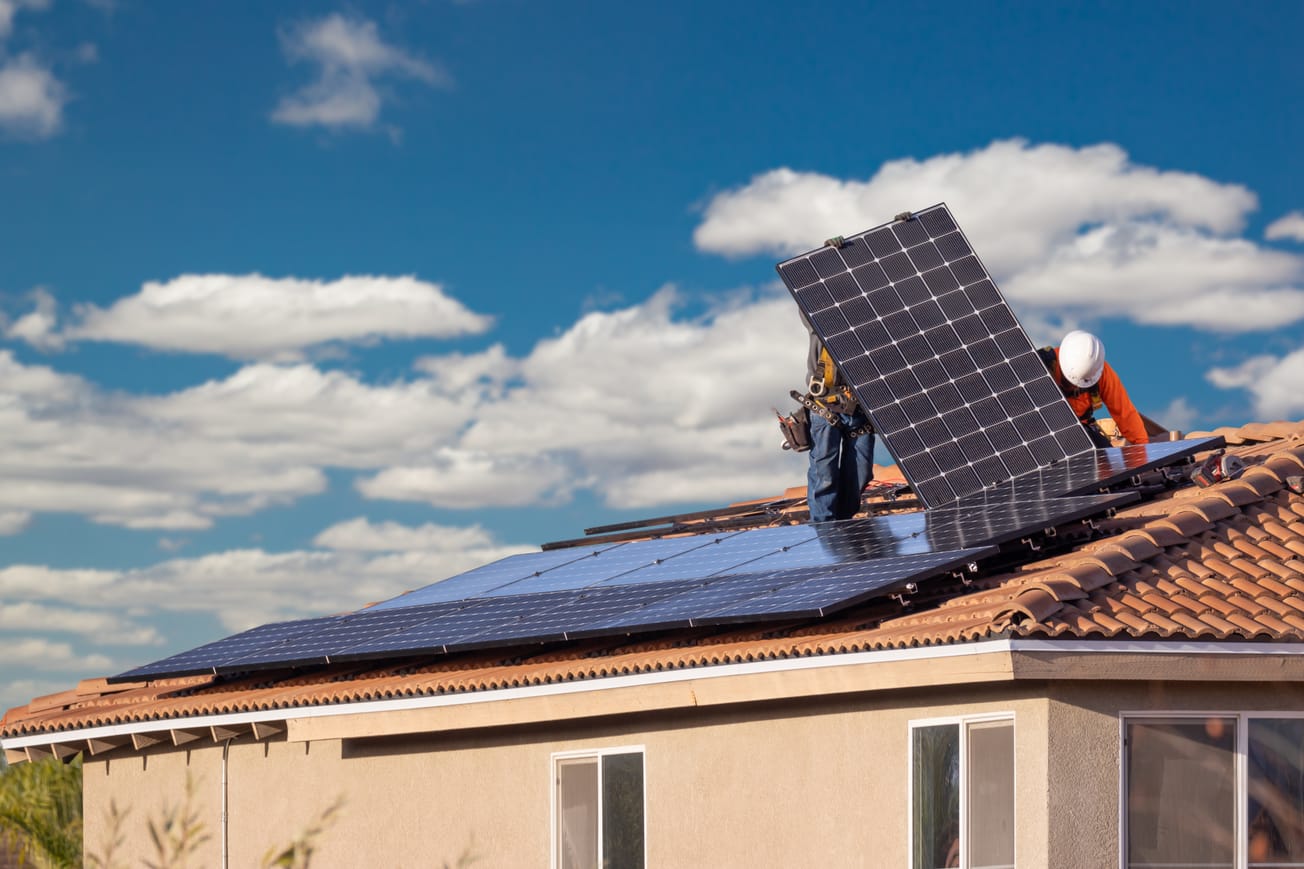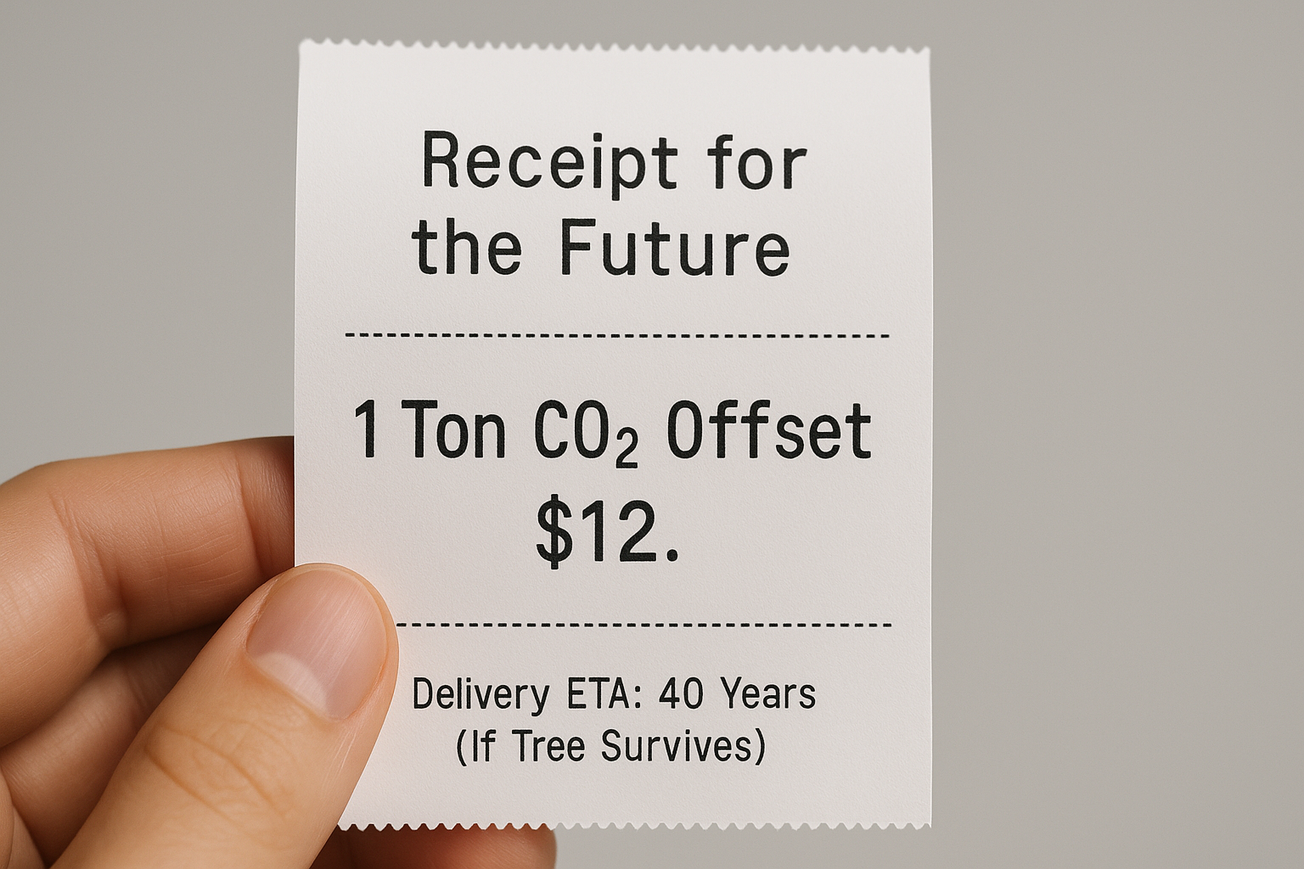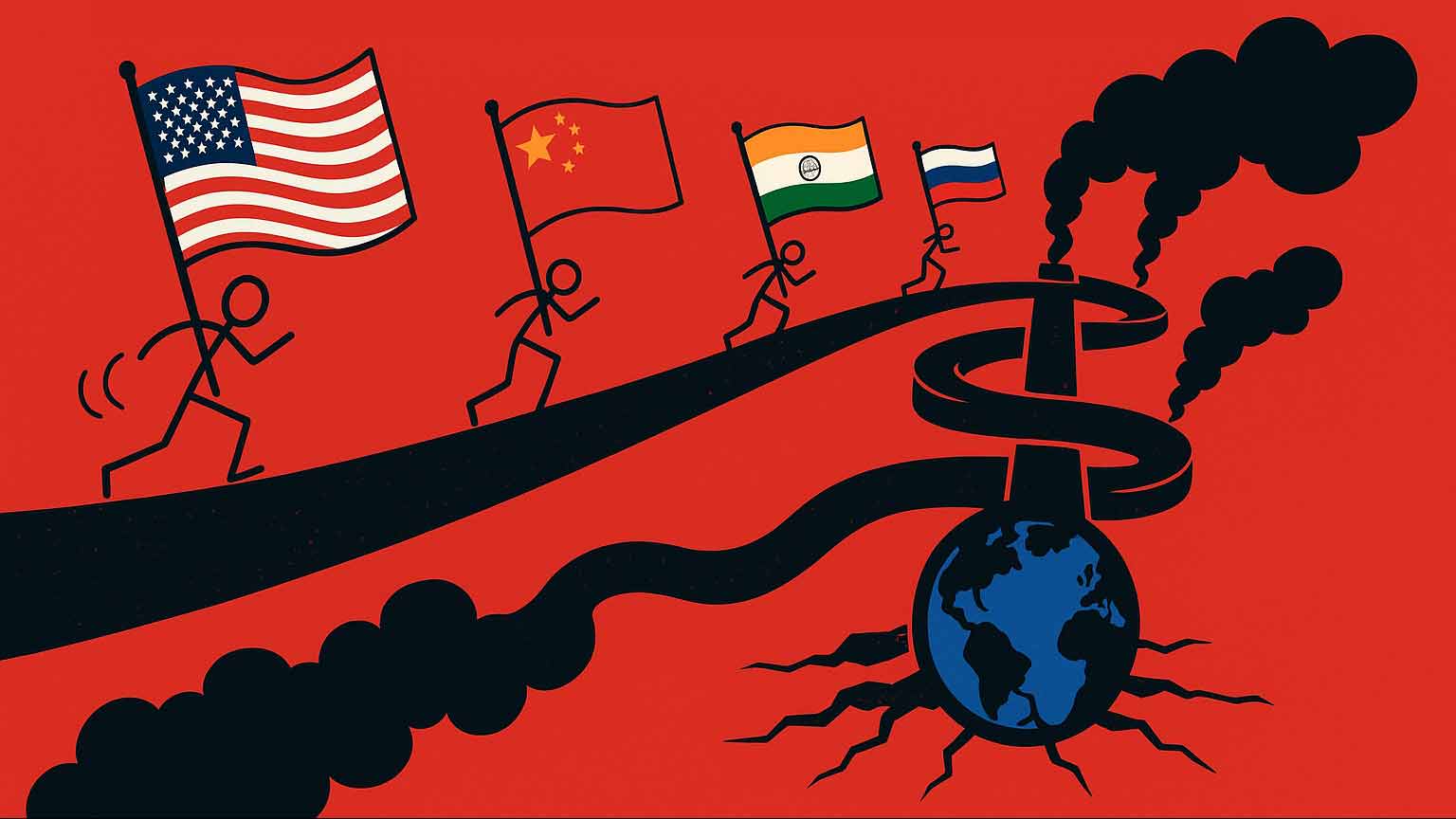Founded in 1985, the University of California’s Gump Station works from land to sea, leveraging all types of data to develop model ecosystems. In this episode of Better Worlds Ocean podcast, Gump Station Executive Director Neil Davies talks about what it takes to integrate satellite images, eDNA, community observations, and emerging tech to deeply understand a place and ocean trends more broadly.
A geneticist who wears many hats, Neil describes his background and his role coordinating data science and curation for every project and researcher who comes through the station. Investing in information infrastructure is essential to making data usable and useful as is creating a collaborative culture where people want to document and share data. In addition to his work at the station, Neil serves as an advisor to the Tetiaroa Society and talks about weaving together modern science and traditional knowledge to gain a comprehensive understanding of a place, both its current state and and its history. At a time when some Pacific island nations are considering creating digital twins to preserve a record of their existence, the almost four decades of data from Gump station are incredibly valuable.
Neil also sits on the Steering Committee of the Blue Climate Initiative, which works to tackle ocean challenges at local and global scales. Tune in to hear his perspective on the interconnection between the Pacific Islands and the health of the planet, where funding and investment is needed, what tech can do next, and how to get involved.
#About Neil Davies
Neil Davies is an accomplished scientist and the Executive Director of UC Berkeley's Gump South Pacific Research Station, situated in Moorea, French Polynesia. He holds a Ph.D. in evolutionary genetics from University College London, which has equipped him with a strong foundation in his field of study. Neil has an extensive background in conducting fieldwork across various regions, including the Caribbean, Latin America, and Pacific Islands.
As an Associate Researcher at the Biodiversity Institute of Oxford University, Neil actively contributes to advancing our understanding of biodiversity. He also serves as a member of the Group on Earth Observations Biodiversity Observation Network (GEOBON - Genetics Working Group), where he collaborates with experts to enhance biodiversity monitoring and conservation efforts.
Neil's commitment to scientific progress is evident through his involvement with multiple organizations. He holds positions on the boards of the Genomic Standards Consortium, the National Association of Marine Labs, and the Tetiaroa Society. These roles allow him to contribute his expertise and guide strategic decisions in various scientific initiatives.
Within the Berkeley Institute for Data Science (BIDS), Neil's research primarily focuses on sustainability science and the intersection of biodiversity genomics and computational modeling of ecosystems. His work involves harnessing the power of genomic data to create comprehensive computational models of social-ecological systems, integrating information from genomes to society. In this regard, Neil leads the Moorea Biocode Project as the principal investigator and also chairs the Genomic Observatories Network. Furthermore, he is a co-founder of the Island Digital Ecosystem Avatars (IDEA) Consortium, which aims to develop innovative digital representations of island ecosystems.
Follow Neil on LinkedIn: https://www.linkedin.com/in/neiltahiti


